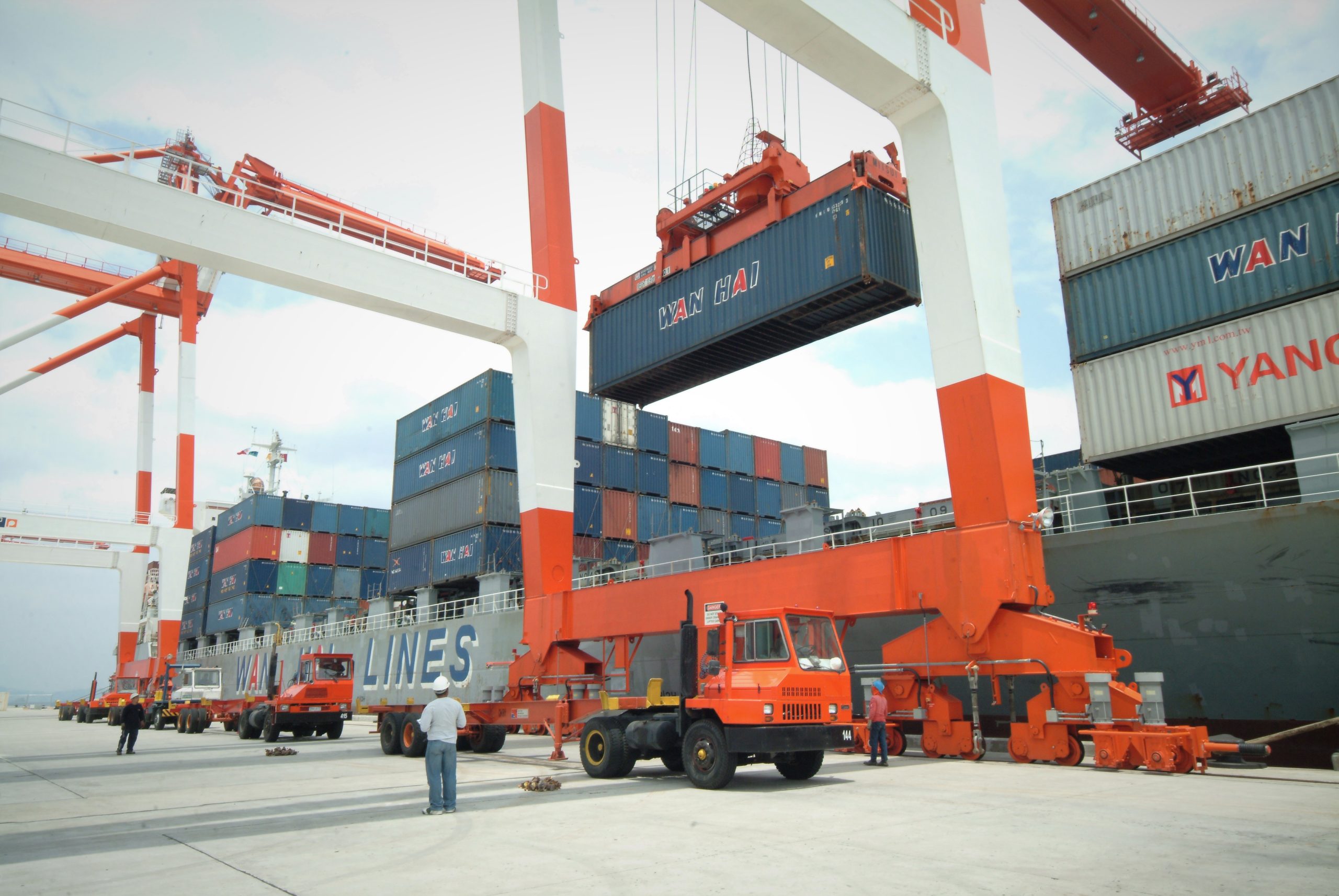
The Subic Bay Freeport saw a decline in port calls amid the pandemic but managed to generate more income from container throughput during the first quarter of 2021 than the same period in 2020. PHOTO FROM SBMA
SUBIC BAY FREEPORT—The Subic Bay Metropolitan Authority (SBMA) on Friday (May 14) reported a rise in cargo volume in the first quarter of 2021 despite fewer ships docking at the free port.
SBMA said export and import transactions were up during the period.
Only 313 foreign ships visited the free port from January to March 2021, compared to 355 in the first quarter of 2020, reflecting a decline of 12 percent, said Jerome Martinez, SBMA seaport department manager.
He said only 157 domestic ships arrived in the same period, compared to 233 in 2020, or a 33-percent decline that was attributed to trade restrictions brought about by the pandemic.
Not a single cruise liner came here after the government imposed lockdown on Luzon in March 2020, Martinez said.
Despite this, he said there was an unexpected 10-percent increase in containerized cargo volume, which included import, export, transshipment, local empty in-out, and load-unload transactions.
Martinez said Subic port recorded a total of container throughput of 60,759 twenty-foot equivalent units (TEUs) in the first quarter of 2021, compared to 55,065 TEUs in the first quarter 2020.
He said the growth in the container throughput was due to continuous importation of raw materials from foreign countries, and the export of finished products, like tires and veneer lumber, to Japan, which largely helped increase Subic’s container cargo volume.
While the ecozone suffered a 23-percent decrease in non-containerized, or bulk cargo volume, and a 12-percent decline in collection of vessel charges, the SBMA generated a total of P324.93 million in revenues in the first quarter of 2021.
This was 25-percent higher than the revenue collected in the same period in 2020.
Martinez said the growth was due to the upturn in cargo handling services and variable fees, such as warehousing, processing, leases and rentals, and SBMA shares.